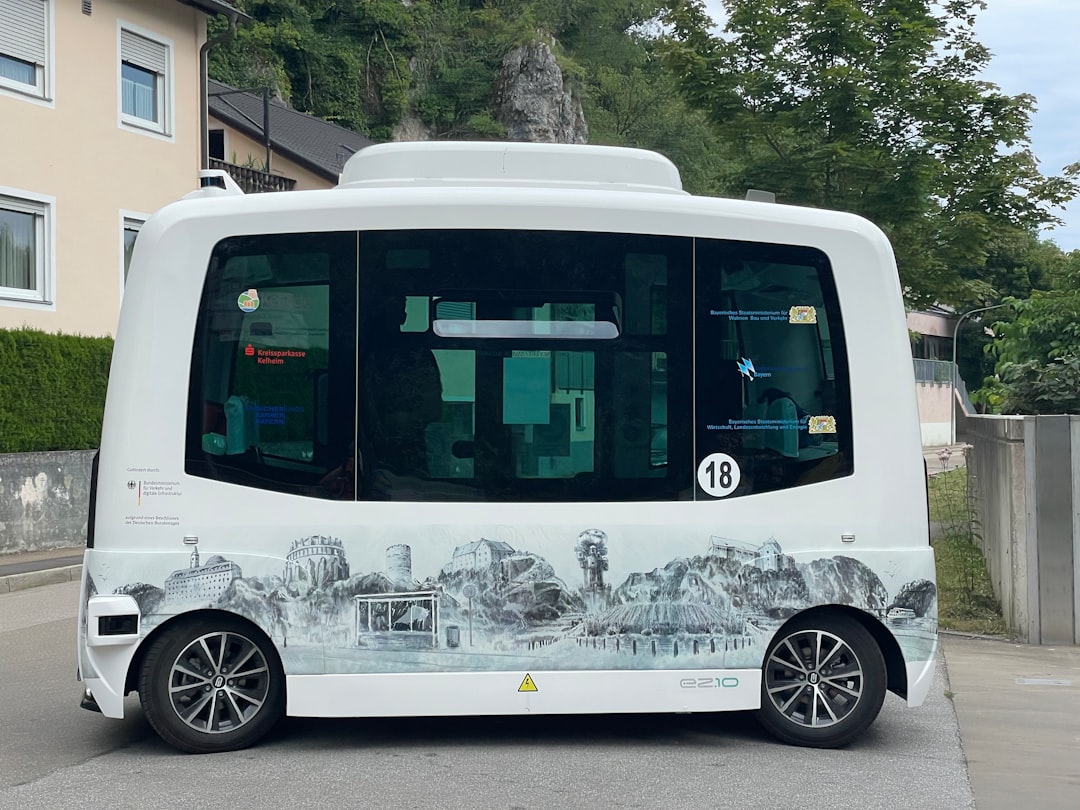The Future of Auto Transportation: Trends and Innovations to Watch
The auto transportation industry has come a long way over the years, and it continues to evolve at a rapid pace. With advancements in technology and changing consumer preferences, the future of auto transportation looks promising. In this blog post, we will explore some of the key trends and innovations to watch in the coming years.
1. Electric Vehicles (EVs)
One of the most significant trends in the auto transportation industry is the rise of electric vehicles. With concerns about climate change and the need for sustainable transportation options, EVs are gaining popularity. Companies like Tesla, Nissan, and Chevrolet are leading the way with their electric car models, offering improved battery technology and longer driving ranges.

2. Autonomous Vehicles
The future of auto transportation also includes autonomous vehicles, also known as self-driving cars. While fully autonomous vehicles are still in the testing phase, companies like Google's Waymo and Uber are making significant progress. These vehicles have the potential to revolutionize transportation by reducing accidents and increasing efficiency.

3. Connected Cars
Connected cars are another exciting trend in the auto transportation industry. These vehicles are equipped with internet connectivity, allowing them to communicate with other cars, infrastructure, and even pedestrians. This technology enables real-time traffic updates, remote diagnostics, and enhanced safety features.

4. Shared Mobility
The rise of shared mobility services like Uber and Lyft has transformed the way people think about transportation. Instead of owning a car, many individuals are opting for ride-sharing, carpooling, and car-sharing services. This trend not only reduces traffic congestion but also has the potential to decrease the number of vehicles on the road.

5. Electric Charging Infrastructure
As electric vehicles become more popular, the need for a robust charging infrastructure is crucial. Governments and private companies are investing in the development of charging stations across cities and highways. Fast-charging technology is also being developed, reducing the time it takes to charge an electric vehicle.

6. Advanced Safety Features
Advancements in technology have led to the development of advanced safety features in vehicles. Features like adaptive cruise control, lane-keeping assist, and automatic emergency braking are becoming increasingly common. These technologies have the potential to reduce accidents and save lives on the road.

7. Vehicle-to-Vehicle (V2V) Communication
Vehicle-to-vehicle communication is an emerging trend that allows cars to communicate with each other, exchanging information about speed, location, and road conditions. This technology can help prevent accidents by alerting drivers to potential hazards and improving overall traffic flow.

8. Mobility as a Service (MaaS)
Mobility as a Service refers to the integration of various transportation services into a single platform. This concept allows users to plan, book, and pay for different modes of transportation, including public transit, ride-sharing, and bike-sharing, all through a single app. MaaS has the potential to simplify transportation and provide more efficient and sustainable options.

In conclusion, the future of auto transportation is filled with exciting trends and innovations. From electric vehicles and autonomous cars to connected vehicles and advanced safety features, the industry is evolving to meet the changing needs of consumers. As technology continues to advance, we can expect to see even more exciting developments in the years to come.
